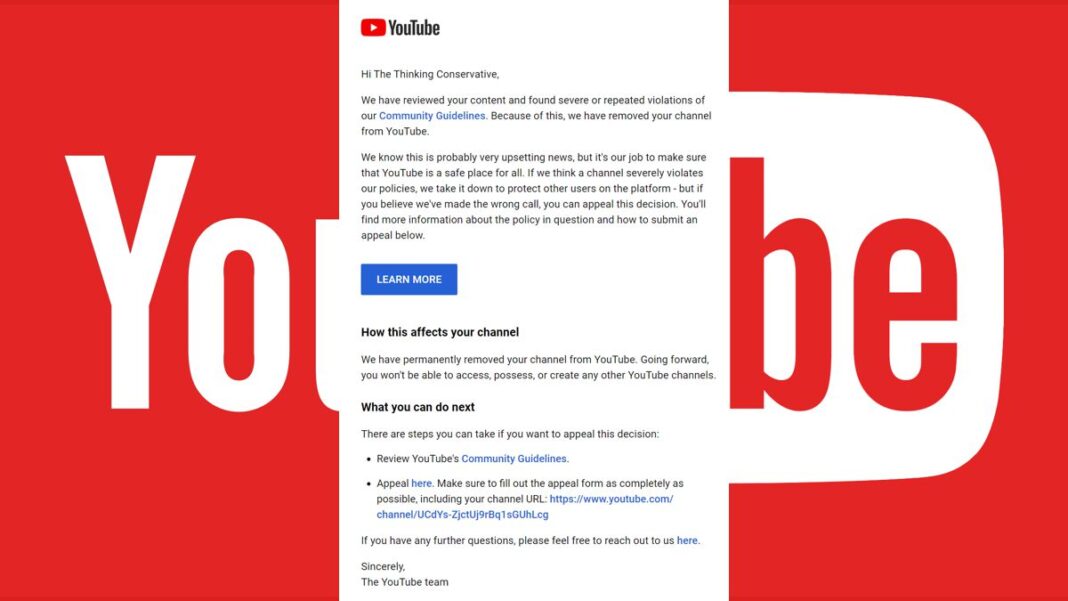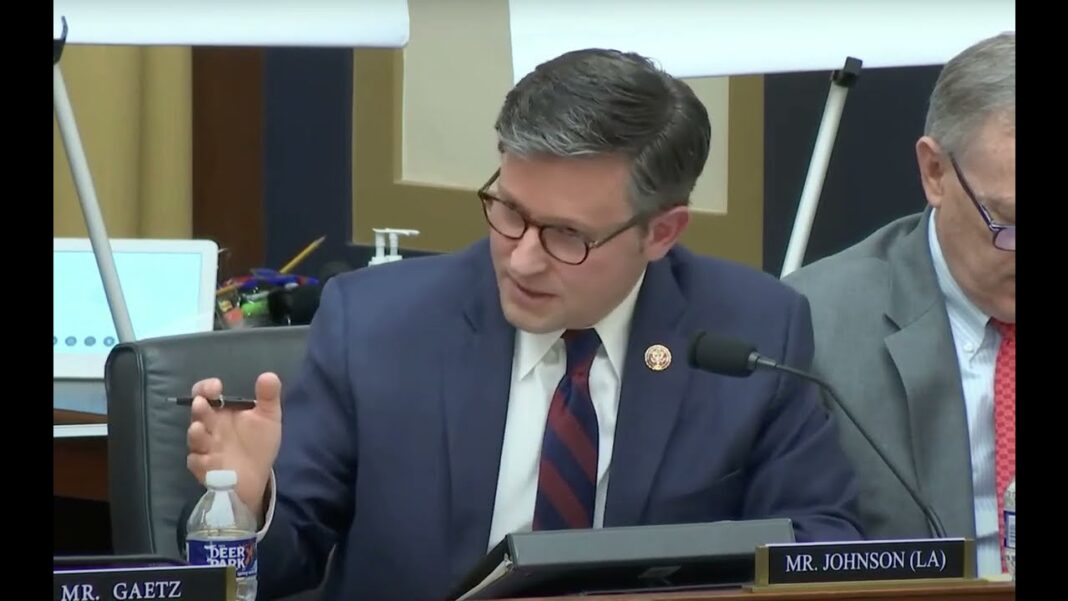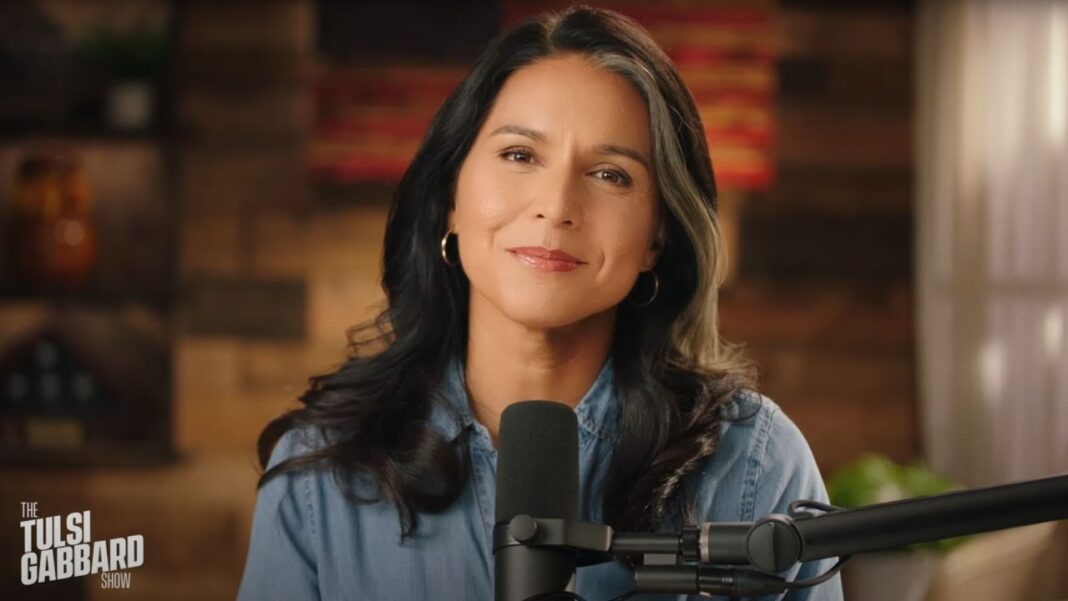The 5th Circuit just struck a blow for liberty and against the tyranny of the big tech elites. In Netchoice vs. Paxton, the 5th Circuit rightly held that freedom of speech does run against violation by corporate tyrants. The opinion is one most well-reasoned legal opinions of the modern era as it is rooted in the natural law principles of the Declaration of Independence.
The decision upholds a Texas statute that forbids the tech giants from censoring based on disagreement with the viewpoints expressed. The United State Congress needs to follow suit and pass a federal statute to protect the rights of all Americans and provide legal redress for individuals whose freedom of speech and religion are violated by the tech tyrants.
The opinion is in stark contrast to the ruling in Prager vs. Google, where the Ninth Circuit denied that the freedom of speech runs against the censorship of tech companies. The Prager ruling was rooted in the false legal view that the Declaration of Independence is not the founding document of the Republic and that natural rights are irrelevant to the American Republic. The Prager opinion views rights as coming from the state and that the state only granted the right that the state should not censor individuals.
The Netchoice opinion is based on the correct understanding of rights. The right to Freedom of speech comes from man being made in the image of God. It is inherent in the individual and protects against corporation and government violations. Social media platforms that are open to access by the general public should not be allowed to restrict content based on disagreement with political or religious views. Such as Google banning Prager videos due to their conservative positions.
The Declaration of Independence founded the American Republic on natural law rooted in the truth that all mankind is made in the image of God. Thomas Jefferson’s use of equality in the Declaration was that all humanity had the same inherent inalienable rights from God. All persons are equal in value and standing before God, and therefore, they should likewise be equal before the government.
The stage is set for future Supreme Court building as the Netchoice vs. Paxton opinion conflicts with the recent 11th Circuit opinion in Netchoice vs. Poitier. The 11th Circuit Court’s opinion is similar to the 9th Circuit’s opinion in Prager vs Google. The difference is that the 9th Circuit was authored by left-wing judges, while the 11th Circuit’s opinion is rooted in a legal positive view that rejects natural law and views rights as coming from the state denying that the Constitution has any principles that protect liberty against tech companies’ abuses.
Another reason tech companies should be barred from censoring content on social media platforms based on viewpoints is that the platforms are the new public square. In Packingham v North Carolina, Justice Kennedy posited that “A fundamental principle of the First Amendment is that all persons have access to places where they can speak and listen, and then, after reflection, speak and listen again.” Undoubtedly, the significance of Kennedy’s obiter must have been grounded in the rationale that the First Amendment encompasses a wide range of forums in which an individual or entity could share views without censorship.
The 9th Circuit in the Prager case held that youtube was not a public forum was an implicit subversion of first principles, substantive law, and natural justice and begged the question: what forums can be public forums for free speech? Eric George, Prager’s lead attorney, noted that “a public forum could be a virtual location, like a website, that must allow individuals and organizations to exercise their free speech rights.” In fact, in Amalgamated Food Employees v Logan Valley, the Supreme Court held that private forums could become public if they were open to the public and had a duty to permit free speech regardless of whether or not they had state power. Youtube describes itself as a public forum in its terms of service. Irrespective of the Ninth Circuit’s decision in Prager, previous courts had opted to protect First Amendment rights regardless of the space or forum. Modern courts have drifted from first principles, the natural law, and an interpretation of the Constitution.
In Packingham v. North Carolina: “While in the past there may have been difficulty in identifying the most important places in a spatial sense for the exchange of views, today the answer is clear. It is cyberspace—the vast democratic forums of the internet in general and social media in particular.” Expanding on the significant influence, Justice Kennedy elaborated that the expansion of social media has contributed to a “revolution of historic proportions.” Social media platforms are now the modern-day equivalent of public forums like public parks and public streets. In short, private actors could implicitly rise to the level of a state actor where its functions had adversely limited individual self-fulfillment, inclusive of the First and Second Amendments.
The time is both ripe and overdue for Congress to take action to protect the public from viewpoint censorship from big tech companies especially when the dominant companies all share the same narrow point of view that is hostile to traditional American values and intolerance of different opinions. Congress need not and should not wait for the Supreme Court to rule on the appeals from the 5th and 11th Circuit rulings. Hopefully, the Supreme Court will follow the path of the 5th Circuit and uphold the Texas statute and do so based on the recognition that the Constitution rests on the Declaration of Independence’s principles that rights are inherent to each person’s humanity and should be protected from violation by any party be it the state or a corporation.






